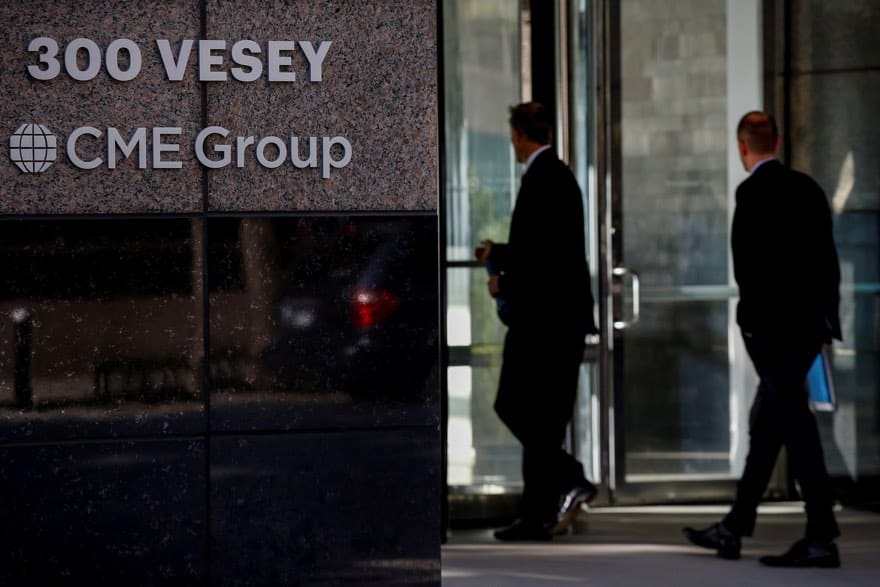CME Group said it has secured approval from the US antitrust regulator for its $5.5 billion takeover of Michael Spencer’s NEX Group Plc, moving the world’s biggest derivative exchange closer to securing a new avenue of growth.
The US Department of Justice’s clearance, along with earlier approvals from other regulators in the United States, Germany, Italy, and Sweden, means that CME Group now has six approvals, with just the UK remaining. The exchange operators said it was optimistic that it would win it soon.
Last month, Britain’s Competition and Markets Authority into whether the CME Group’s acquisition of NEX Group will lessen competition. The UK’s competition watchdog said it would announce by November 8 whether it will refer the deal for an in-depth investigation if concluded that a union of the two firms raises competition concerns.
In a statement, the CME group further explains that “it has received clearance under the Hart-Scott-Rodino Act from the United States Department of Justice – Antitrust Division for its proposed acquisition of NEX Group plc (NXG.L).”
The exchange continues: “CME and NEX have also received the relevant regulatory approvals from the FCA and regulators in the United States, Germany, Italy and Sweden, and have made the requisite pre-notifications in Hong Kong. Completion of the transaction remains subject to satisfaction or waiver of the remaining closing conditions, including competition clearance from the UK Competition and Markets Authority and the sanctioning of the transaction by the U.K. Court. The parties still expect the closing to occur by year end 2018.”
A Provisional Takeover
Earlier in March, the futures trading giant has reached a deal to buy UK-based trading firm in a transatlantic deal that creates a trading venues giant spanning futures to FX and treasuries. NEX and CME agreed to a price of 500 pence and 0.0444 new CME shares.
The latest clearance will come as a big relief to CME which aims to bring both cash and derivatives trading over-the-counter under the same roof. The Chicago-based company expects to save millions of dollars a year as the deal improves investors’ access to its top markets while allows CME to set aside fewer collaterals.
The provisional takeover, however, was expected to attract regulatory challenges over the new entity’s potential dominance in some markets. Some rivals believe if the deal proceeds, CME will have an unshakeable grip over treasury trading since to about 80 percent of cash volumes. CME also enjoys a near-monopoly over the trading of US government debt futures.





Be First to Comment